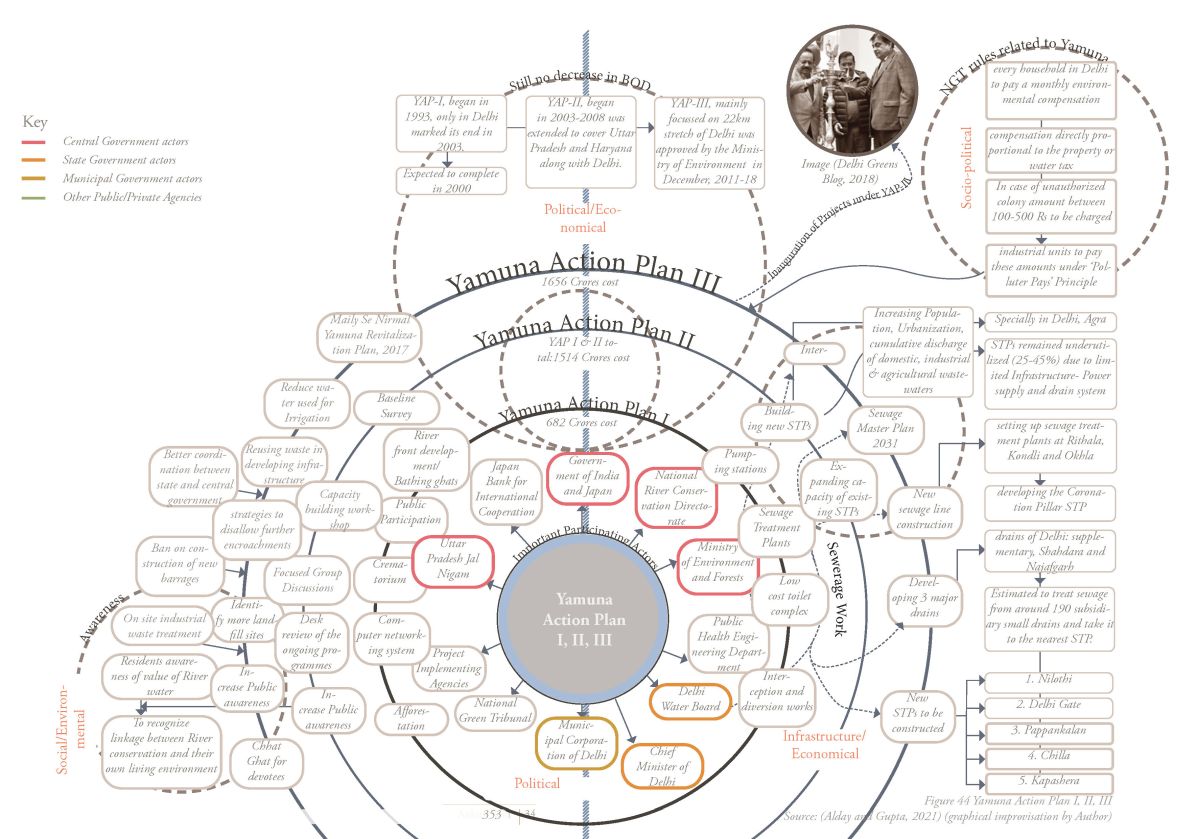The MLA Dissertation is the capstone project of a student’s academic journey, marked by a tradition of critical intellectual enquiry and in complement to the student’s atelier work. The Dissertation is a comprehensive landscape architectural research project and a substantial undertaking of approximately 10,000 words that develops a student's ability to conduct high-quality original and empirical research within the interdisciplinary field of landscape architecture. Through a series of lectures, seminars, and one-on-one tutorials with dedicated tutors, students develop a rigorous understanding of methodological and theoretical questions, turn to ethical considerations, and learn how to frame research in pursuit of a rigorous and coherent argument that relates to urgent contemporary and historic landscape transformations.
But MLA Dissertations are also more than that: driven by a pedagogical understanding of writing as a landscape architectural practice, the dissertation allows students to acquire self-authorship, reflect on their own positionality within landscape architecture and the world itself, and critically probe the epistemic foundations that undergird their landscape architectural practices.
This showcase celebrates two outstanding contributions: Treicy Javiera Isamitt Letelier (supervisor: Kristóf Fatsar) has been awarded the MLA Dissertations award sponsored by Gillespies. Ankita Rani (supervisor: Kristóf Fatsar) has been awarded as a runner-up.
Departing from the 2016 Manchester Arena terror attack and drawing on other case studies in Latin America and the US, Treicy Javiera Isamitt Letelier’s work (2023) theorises spontaneous memorials as a city’s expression of grief, reflection and commemoration that shape, and re-shape public space. While traditional design approaches—centred on permanence—fail to come to terms with these spontaneous “memorial patterns,” Letelier’s work calls for an adaption of psychosocial elements in landscape and public space design processes.
Ankita Rani's work (20230 traces the eco-theological entanglements between urbanisation, environmental transformation, and pollution, at the interlocus of the political, theological and ethical. Her work mobilises a discursive analysis of Hindu scripture, pictorial analysis and landscape mapping to recover an “eco-theological ethos into contemporary environmental stewardship” using the Yamuna river as a case study.
__
Letelier, Treicy Javiera Isamitt. ‘Meaning of the Ground: Compose the Ground through Memory - What Is the Landscape Designer’s Response to an Unpredictable Situation Created by Spontaneous Memorials That Change the Meaning of Public Space?’ Manchester School of Architecture, 2023.
Rani, Ankita. ‘Theology, Ethics & Politics: How Can the Role of Landscape Architect Be Explored to Redefine an Eco-Theological Entanglement? - A Case of Yamuna River in Delhi, India’. Manchester School of Architecture, 2023.


